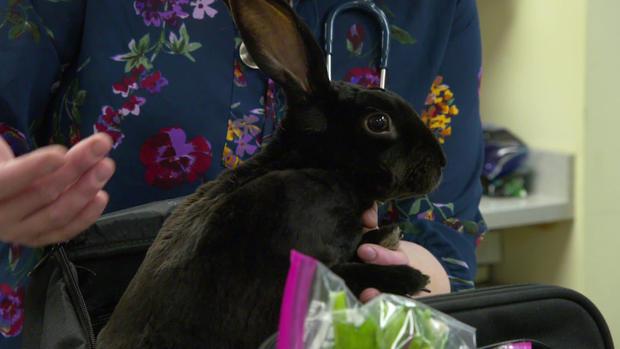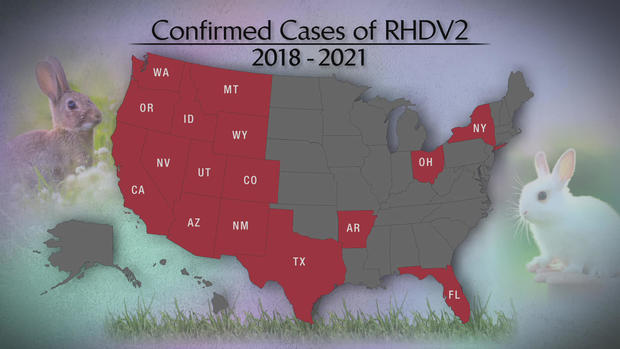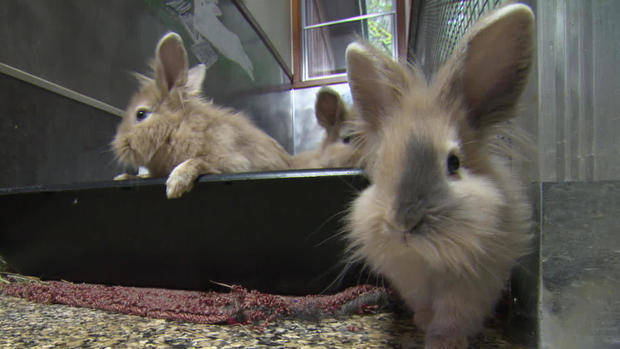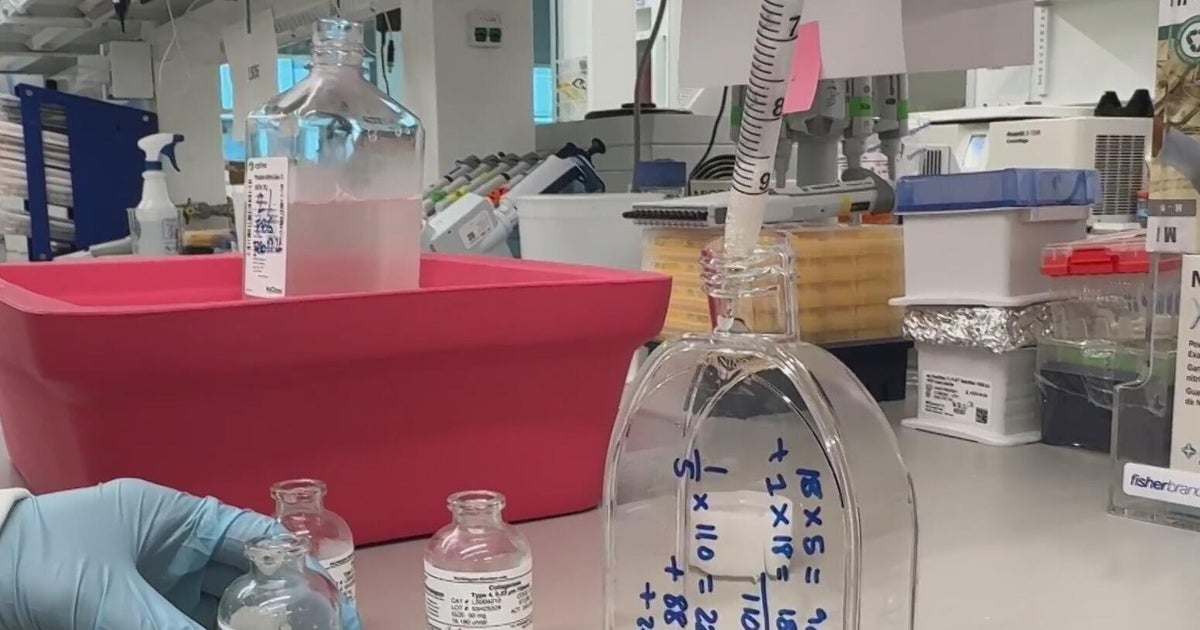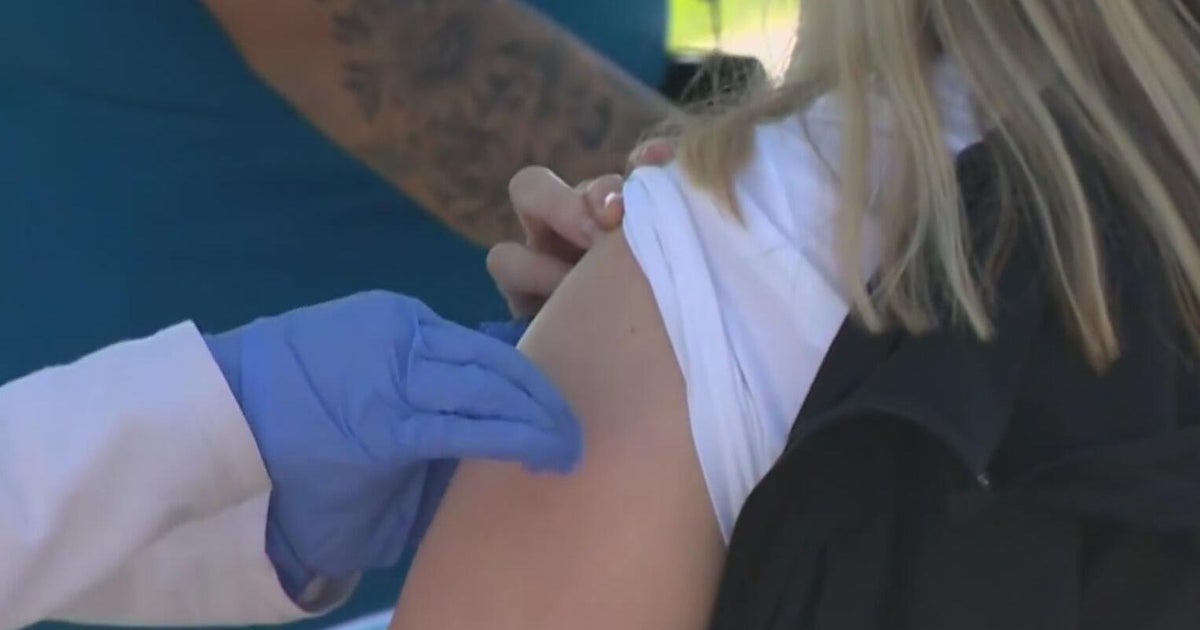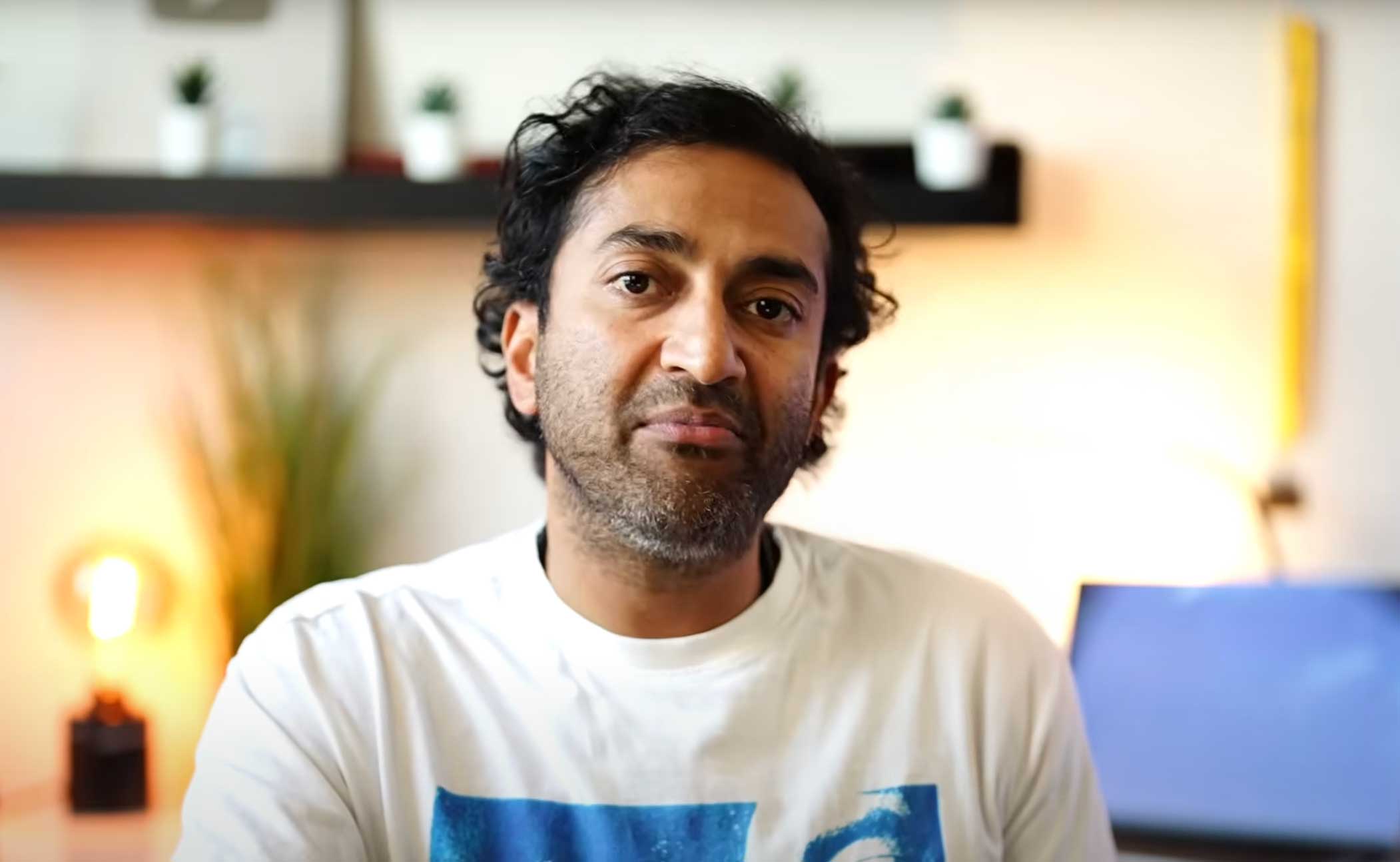Vaccinating bunnies
From the vials to the volunteers to the steady stream of vehicles, the clinic in Gig Harbor, Wash., looks like one of the mass vaccination events happening everywhere these days. That is, until you get a closer look at the patients, like Maise and Gus.
Maise the rabbit isn't here to get a COVID shot; she and dozens of other rabbits have come to get the vaccine for RHDV2 (Rabbit Hemorrhagic Disease Virus).
While humans aren't affected by the disease, the highly contagious virus is bad news for rabbits. First identified in China in the 1980s, the initial RHDV outbreak wiped out more than 140 million rabbits. This newer strain, RHDV2, popped up in France in 2010. In 2019, Washington got its first case.
Dr. Alicia McLaughlin was the first veterinarian in the country to import the vaccine. Since RHDV2 has historically been a European disease, no American company has produced a vaccine; she had to get special permission to bring it into the U.S.
"We had people who were desperate, you know, calling our clinic repeatedly over and over again, 'Hey, we just really want this vaccine. Please, please let us get this vaccine,'" she told correspondent Conor Knighton.
The vaccine, Dr. McLaughlin said, "is more than 90% effective, which as we know again from the COVID vaccine stuff, that's actually really good. We're really happy with that. Considering that the alternative is almost 100% fatality, it's really good."
Today, cases of RHDV2 have been identified in a number of states. But, since so few veterinarians have obtained the vaccine, finding a dose can still be an ordeal.
Knighton asked, "How far away are people coming from to get the shot?"
"Several hours," Dr. McLaughlin replied. "I haven't seen an upper limit for how far people are willing to travel to get the vaccine."
Sue Brennan, owner of Gig Harbor's Rabbit Haven rescue, has been the driving force behind the mass vaccination clinics. She showed Knighton "Ruth Bunner Ginsburg."
"Rabbits don't have a lot of champions. Somehow I connected soul-to-soul with them, and I do everything possible to make their life fulfilling, better, happy," said Brennan.
Through a partnership with a local veterinarian, Brennan's group has administered close to a thousand shots: "What we're trying to do is kind of like they're doing with COVID: Vaccinate everybody, you stop the spread, you stop the disease. People can go back to normal, bunnies can go back to normal."
Bunnies have been under an unofficial stay-at-home order. The virus can linger on surfaces, including grass, so they can't go out in the yard. They definitely shouldn't mix with other rabbits outside of their "pod."
Right now, the worst RHDV2 outbreak is in the West and Southwest, where a new variant has hopped from domestic rabbits to wild rabbits.
In California, the Oakland Zoo, in cooperation with federal and state wildlife agencies, has been testing and vaccinating endangered riparian brush rabbits just in case the virus makes its way to this small population of cottontails.
Better safe than sorry, which is why – even though there hasn't been a confirmed case in Washington for a more than a year – Dr. McLaughlin is still regularly vaccinating her patients.
Knighton asked, "When you administer those shots and you send a fully-vaccinated rabbit on its way, what does that feel like?"
"Ah, I love doing it. It makes me so happy!" she replied. "It's just like I'm kickin' the virus in the face! Like, 'Take that! You don't get to take this bunny away!'"
For more info:
- Rabbit Haven, Gig Harbor, Wash.
- Dr. Alicia Mclaughlin, Center for Bird & Exotic Animal Medicine
- Oakland Zoo
- Rabbit Hemorrhagic Disease Virus: RHDV (House Rabbit Society)
- RHDV2: Rabbit Hemorrhagic Disease Virus 2 (USDA)
Story edited by Remington Korper.
